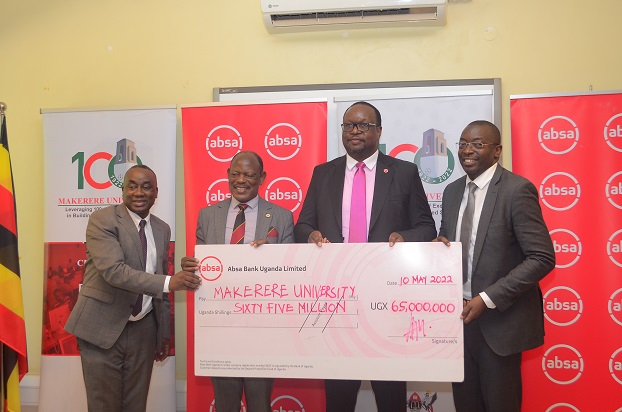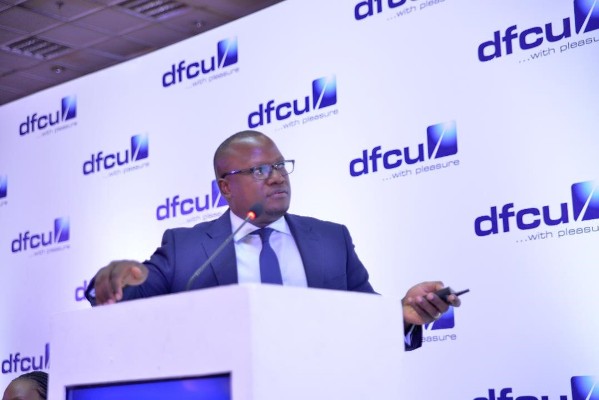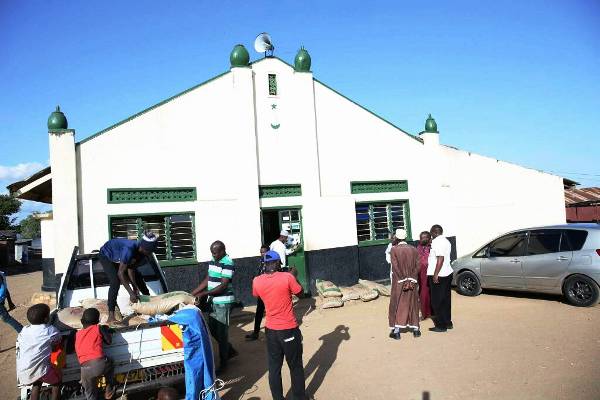Facebook has shut a slew of accounts belonging to Ugandan government officials accused of seeking to manipulate public debate ahead of elections Thursday, the internet giant told AFP on Monday.
The East African nation is holding presidential and parliamentary elections after a tense and bloody campaign, with incumbent President Yoweri Museveni, 76, facing a stiff challenge from the popstar-turned-politician Robert Kyagulanyi Ssentamu aka Bobi Wine, 38.
“This month, we removed a network of accounts and pages in Uganda that engaged in CIB (Coordinated Inauthentic Behaviour) to target public debate ahead of the election,” Facebook’s head of communication for sub-Saharan Africa, Kezia Anim-Addo, said in an email.
“They used fake and duplicate accounts to manage pages, comment on other people’s content, impersonate users, re-share posts in groups to make them appear more popular that they were.”
Anim-Addo said the network was linked to the government ministry of information and communications technology.
“Given the impending election in Uganda, we moved quickly to investigate and take down this network.”
Museveni’s senior press secretary Don Wanyama, who saw both his Facebook and Instagram account shut down, accused the company of seeking to influence the election.
“Shame on the foreign forces that think they can aid and plant a puppet leadership on Uganda by disabling online accounts of (ruling party) NRM supporters,” he said on Twitter.
“You wont take away President Kaguta Museveni” he added, using the president’s second name.
Museveni’s online account is still active but many government officials and members of the ruling party have seen their pages taken down, including a well known blogger and Museveni supporter, a prominent doctor and a senior official in the information ministry.
The president has long accused foreign organisations and elements of backing Wine in a bid to remove his government.
Anim-Addo said over 100 such networks seeking to manipulate public debate have been removed worldwide since 2017.
In December, networks managed from Russia and France — one linked to the French army — were deleted over accusations of interference operations in Africa.
And in October Facebook shut down the page of a conspiracy-fuelled political party in New Zealand accused of spreading disinformation about the coronavirus ahead of elections there.
Social media giants such as Facebook, Twitter, Instagram and others have come under increasing scrutiny over the content they allow to spread on their networks.
They notably blocked US President Donald Trump after Trump supporters stormed the US Capitol last Wednesday.
AGENCIES





